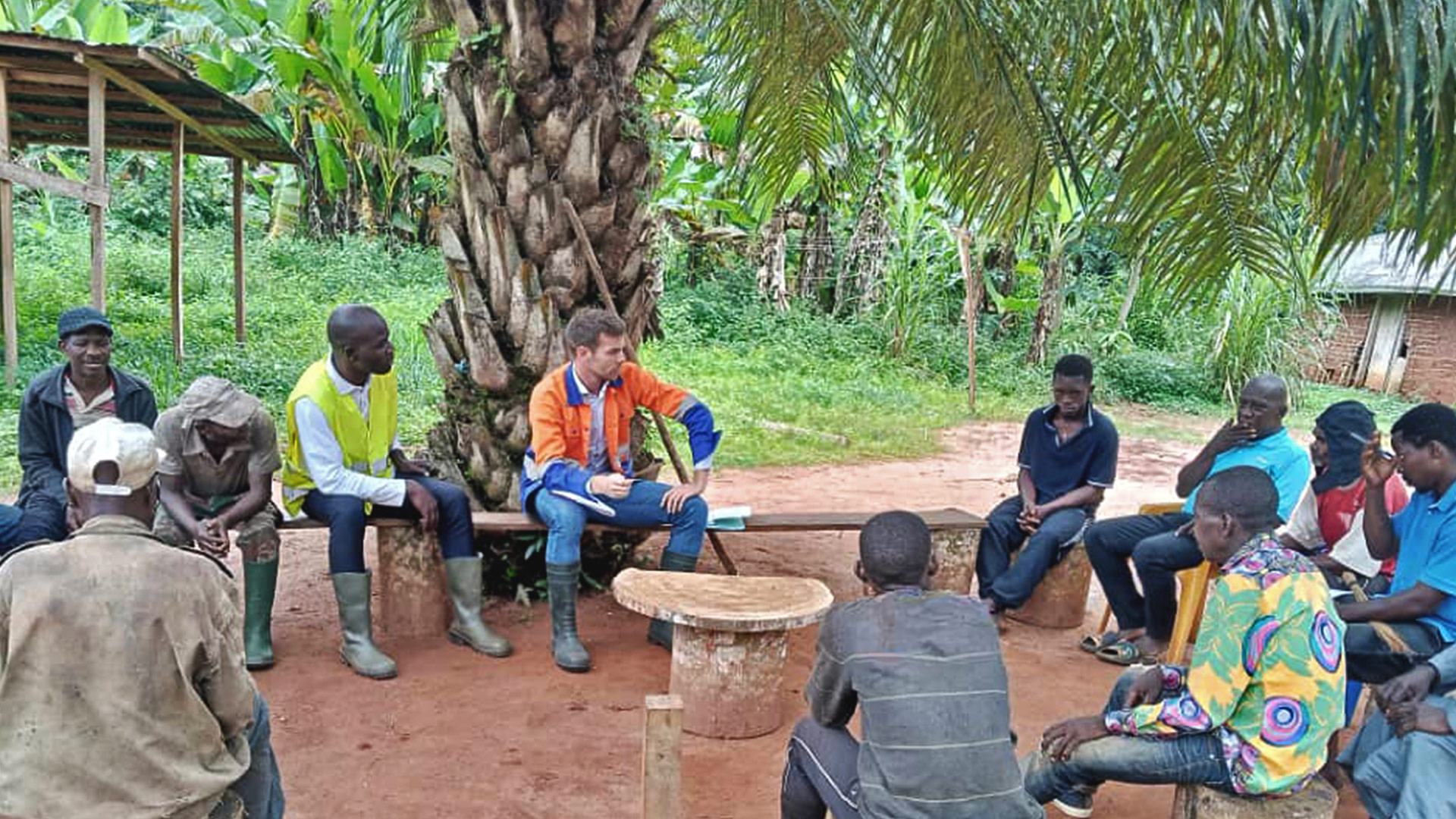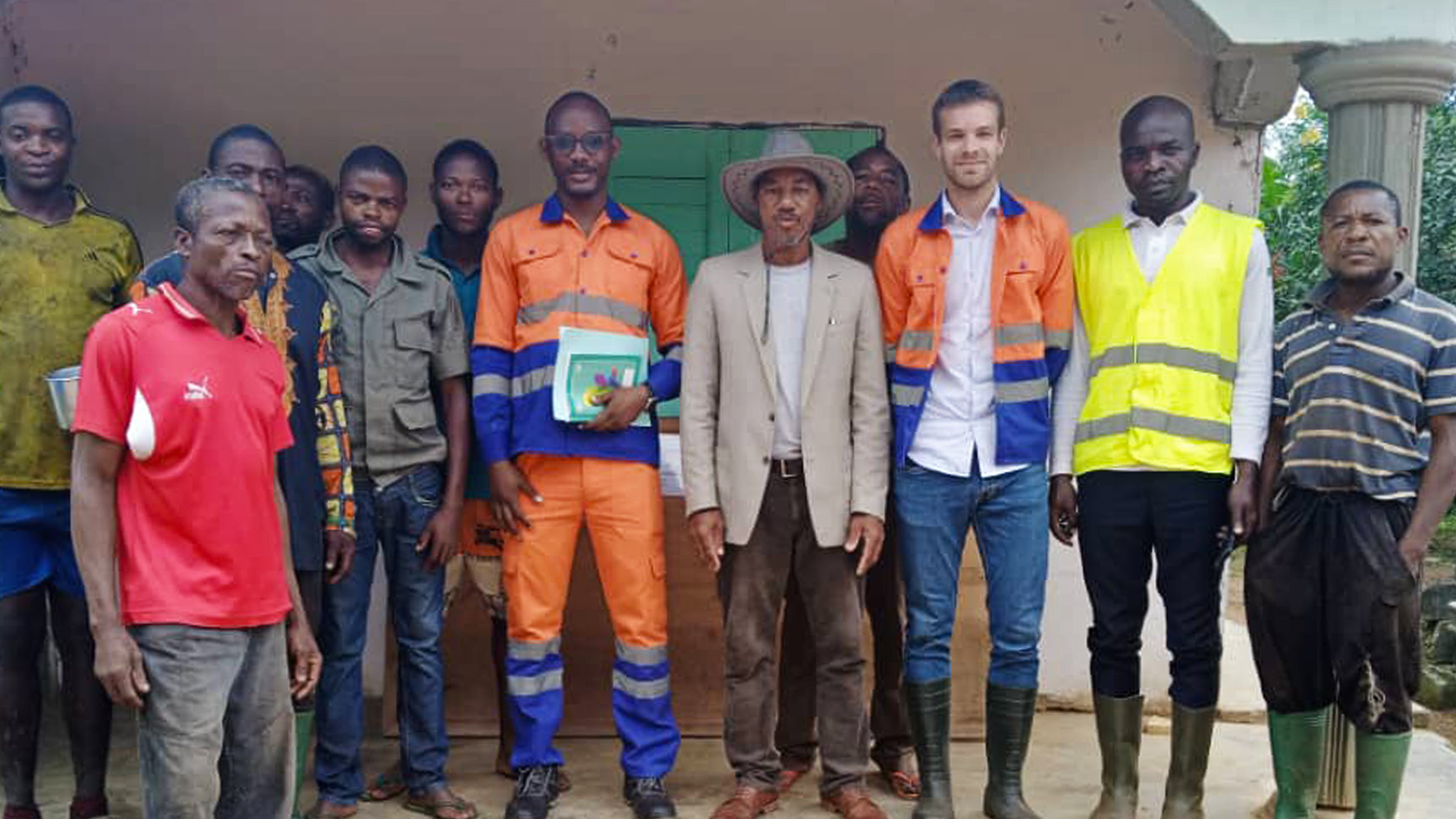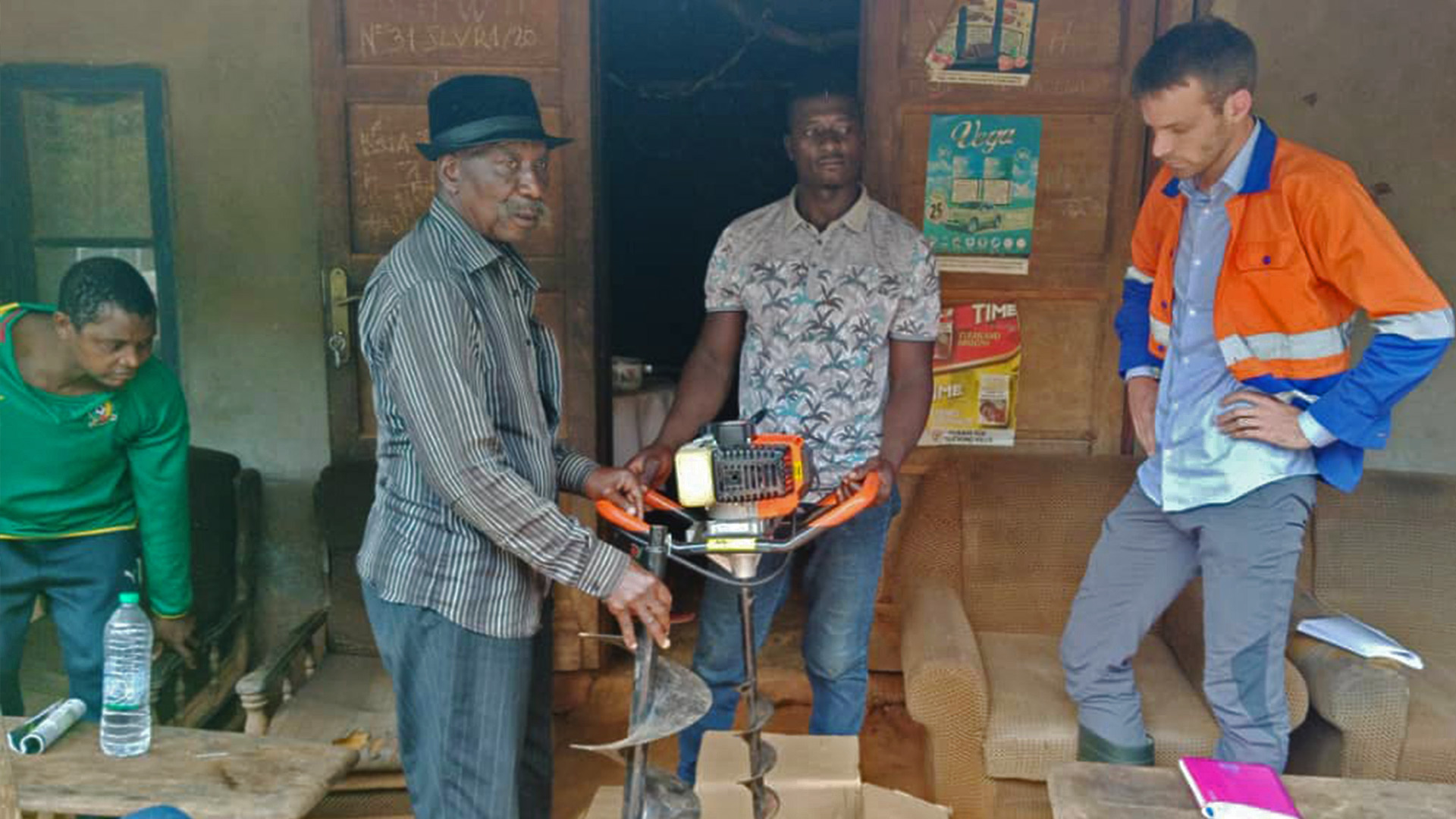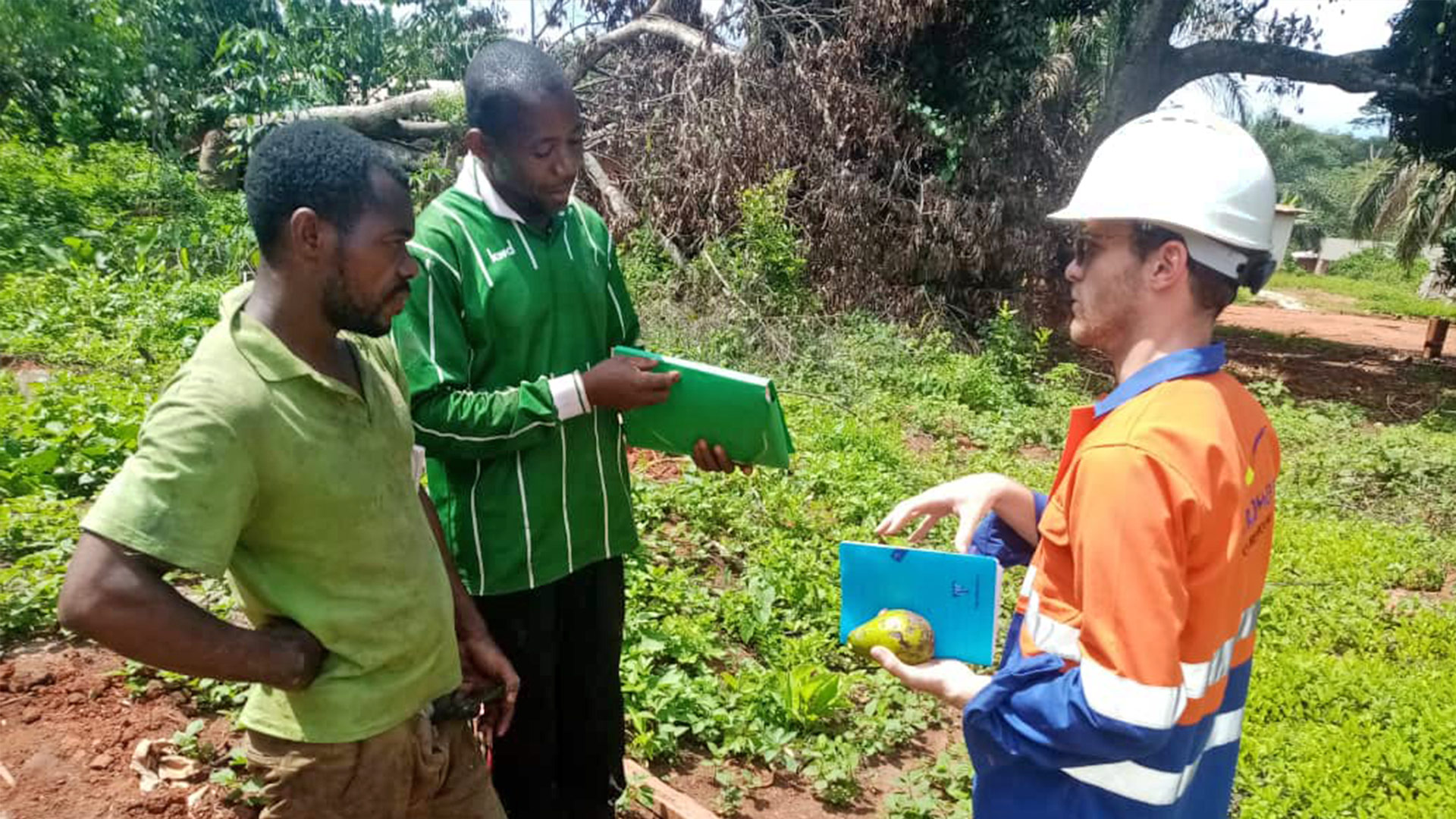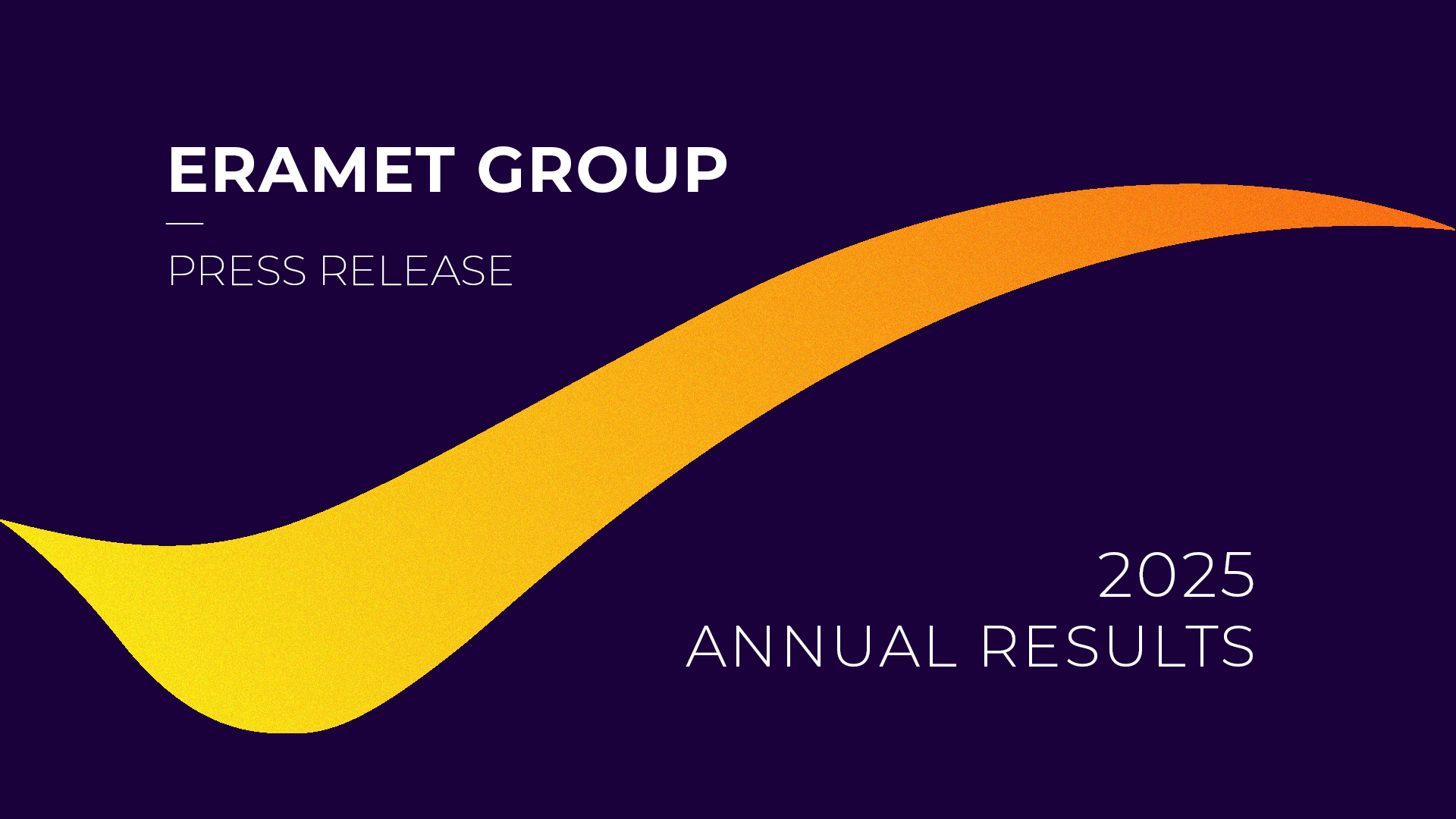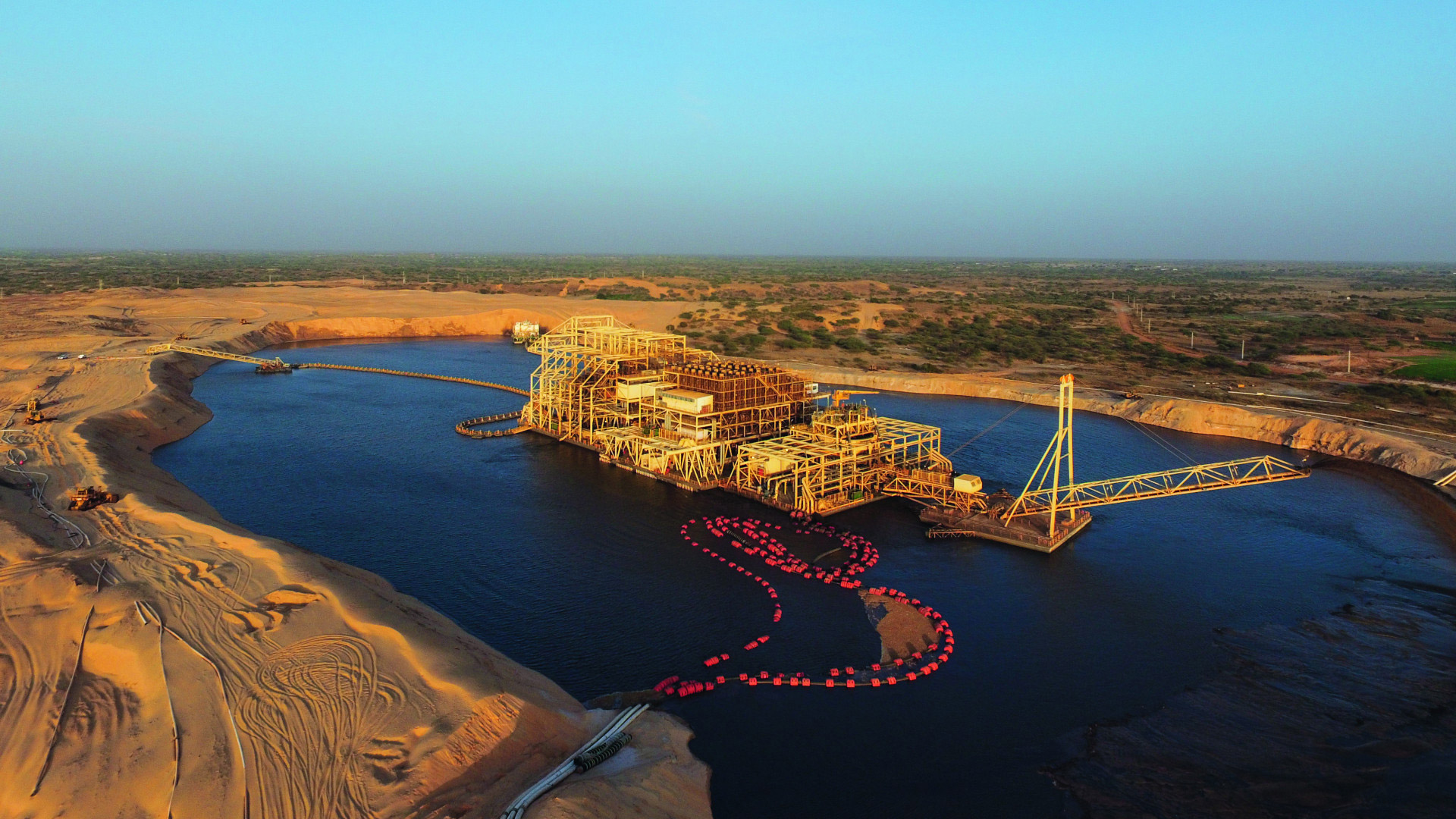In October 2023, the Group announced its decision to halt its project to study the production of rutile in Akonolinga in Cameroon.
As a responsible mining company, Eramet has embarked on a gradual process of social demobilisation, by supporting the teams, and environmental demobilisation, with the rehabilitation of exploration sites. The titles and knowledge acquired over four years by Eramet have been handed over to the authorities. Furthermore, in line with its commitment, the Group wishes to leave a positive footprint in Akonolinga and is launching a programme to support a major aspect of the local economy.
“Terre d’Ako”: organising the plantain industry
Eramet and its partner classM recently announced the launch of the Terre d’Ako project. Over a two-year period, this agricultural specialist will work with more than 80 farmers from villages near Akonolinga, where the Group was exploring, to develop a central purchasing group aimed at boosting plantain cultivation. This project has been the subject of numerous consultation meetings with the authorities and growers.
Technical assistance is provided to interested producers: inputs to improve yields, organisation of collection and storage, and distribution of production. The project is being entirely co-constructed with the local population and with the help of classM, which specialises in the agricultural sector and has already worked on an equivalent agricultural project for Eramet in Gabon.
An Eramet Beyond project
The Terre d’Ako project is part of the Eramet Beyond For Contributive Impacts programme.
This impact investment programme is designed to provide long-term support for local economic development and create jobs outside of the mining industry.
“Eramet Beyond” is one of the objectives of the Group’s CSR roadmap, “Act for Positive Mining”. The programme includes initiatives carried out in collaboration with local stakeholders in the countries where Eramet operates. Examples include the “Femmes d’Avenir” programme, launched jointly with Women in Africa in Gabon and Senegal, and “Lire pour l’Avenir”, developed with Bibliothèques Sans Frontières in Gabon.


